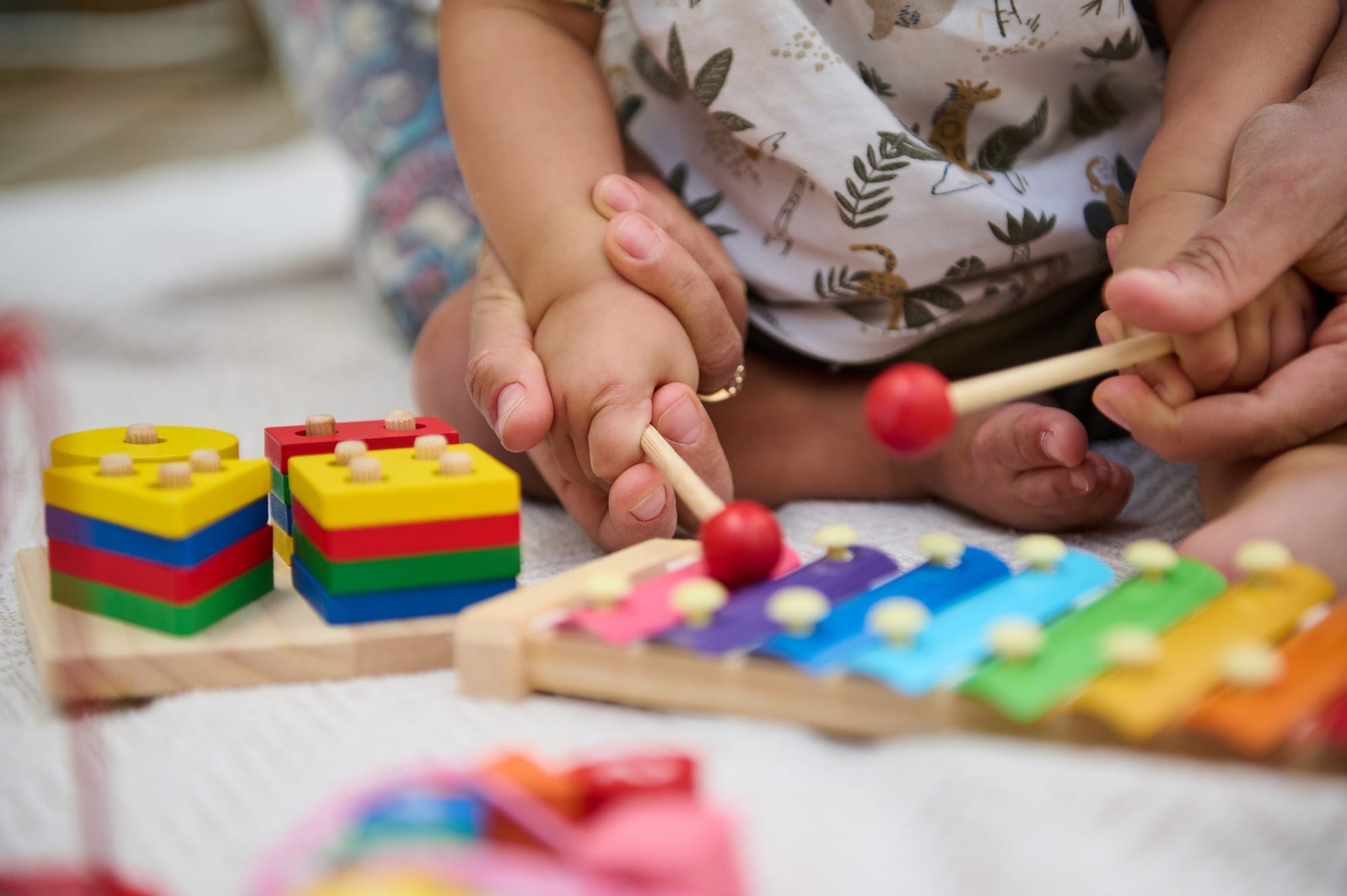
Disturbing allegations have emerged about a Melbourne childcare worker, who has been charged with more than 70 offences, including sexual assault and producing child abuse material.
Health authorities have urged about 1200 children to get screening for potential infection.
The man who has been charged, Joshua Dale Brown, had a valid Working with Children Check.
What is a Working with Children Check? And how can they be reformed to keep children safe in the wake of yet more claims of abuse in childcare centres?
Read more: Parents of kids in daycare are terrified following Melbourne abuse allegations. What can they do?
Working with Children Checks
Working with Children Checks are done on a state-by-state basis, but every jurisdiction approaches it in much the same way.
In Victoria, it involves a simple application and proof of identity. There’s no cost if it’s for a voluntary position (for example, coaching your child’s soccer team) and a small fee if you are doing it as paid work (for example, as an early childhood educator or school teacher).
It will then look at:
- your criminal record in all Australian states and territories, including any charges, regardless of the outcome
- your professional conduct as determined by groups such as the state’s institute of teaching
- whether you’re required to report under sex offender legislation.
But does it work?
Regulation of the Working with Children Check system is poor. Once you get your card, it lasts five years. There are no interim measures to check whether an offence has emerged in the meantime. So people can be flying under the radar.
There’s also a high threshold for issues to come to the surface. It might be possible for someone to have complaints made against them that don’t reach the level of charges laid. These would not necessarily show up in a police check.
On Wednesday, the federal Minister for Education, Jason Clare, said governments were working to improve information-sharing between states “when there’s changes to people’s criminal history”.
He also suggested there should be a national register of early childhood educators: “There’s a register for teachers, there’s not a register for educators in centres.”
In 2015, the royal commission into child abuse did a specific report on Working with Children Checks. It cautioned against an over-reliance on the checks. The report noted they can “provide a false sense of comfort to parents and communities”, who may believe people who have undergone the checks do not pose any risk to children.
Read more: There's a new ban on vaping in childcare centres, but what else do we need to keep kids safe?
Employment history is important
We need to have more checks in place beyond the police system.
As the child abuse royal commission also noted in 2015, Working with Children Checks are an “important tool”, but only one component of making organisations safe for children.
Employers must exercise due diligence in hiring staff, checking with previous employers, asking about staff performance, and ensuring proper staff supervision.
According to the Victorian government, Brown worked at 20 childcare centres across Melbourne between January 2017 and May 2025. Some of this was casual work.
This type of employment history – where someone has cycled through many employers – may be a red flag.
If someone has such a fragmented employment history, it’s difficult to check they can perform properly and appropriately in a role. It also goes against childcare wellbeing standards, which prioritise stability and continuity of care.
How many staff are around?
Supervision of staff is also important to keep children safe.
There are set ratios for educators and children in childcare, depending on the ages of the children.
But this may vary, depending on where children are in a centre. For example, does a child need particular help with toileting, or have they had an accident or need first aid?
Staff also need certain levels of qualifications to work in childcare centres. But there can be waivers if an individual is “actively working towards qualification” – so they may not have completed a formal childcare training certificate yet.
We also need to make sure there’s compulsory ongoing training for staff so they stay on top of best practice in terms of safety as well as education and care.
The bigger question
On Wednesday, Victorian Premier Jacinta Allen announced an urgent review into child safety.
There are also growing calls for a national inquiry into childcare, including from National Children’s Commissioner Anne Hollonds.
She told the ABC: “Child safety and wellbeing is not a priority in this country.”
Any inquiry would need to look at the systemic factors that shape the provision of childcare, as well as what checks and balances need to be in place.
Brown worked at centres run by two major private childcare chains, Affinity Education and G8 Education. Both say they followed the required security protocols.
About 70% of daycare centres in Australia are run by for-profit services, which on average employ fewer qualified staff and are rated lower by the national quality system. We need to closely examine why an essential social service to vulnerable people can be provided for private profit.
The Victorian government has set up a dedicated website and advice line for parents whose children may have been involved in the alleged offences.
If this article has raised issues for you, or if you’re concerned about someone you know, you can call 1800 Respect on 1800 737 732, Lifeline on 131 114, Kids Helpline on 1800 55 1800, or Bravehearts (counselling and support for survivors of child sexual abuse) on 1800 272 831.

This article originally appeared on The Conversation.





